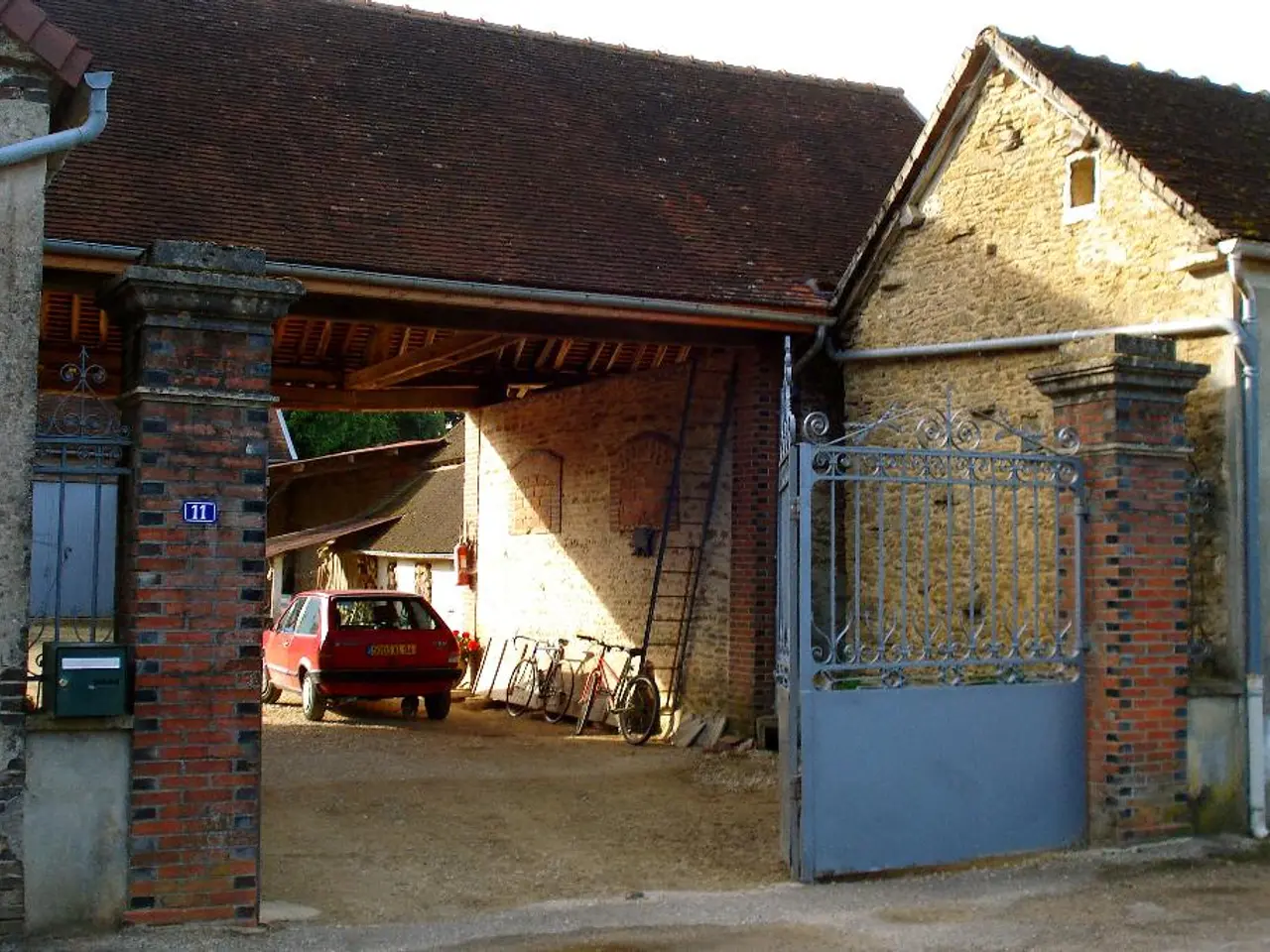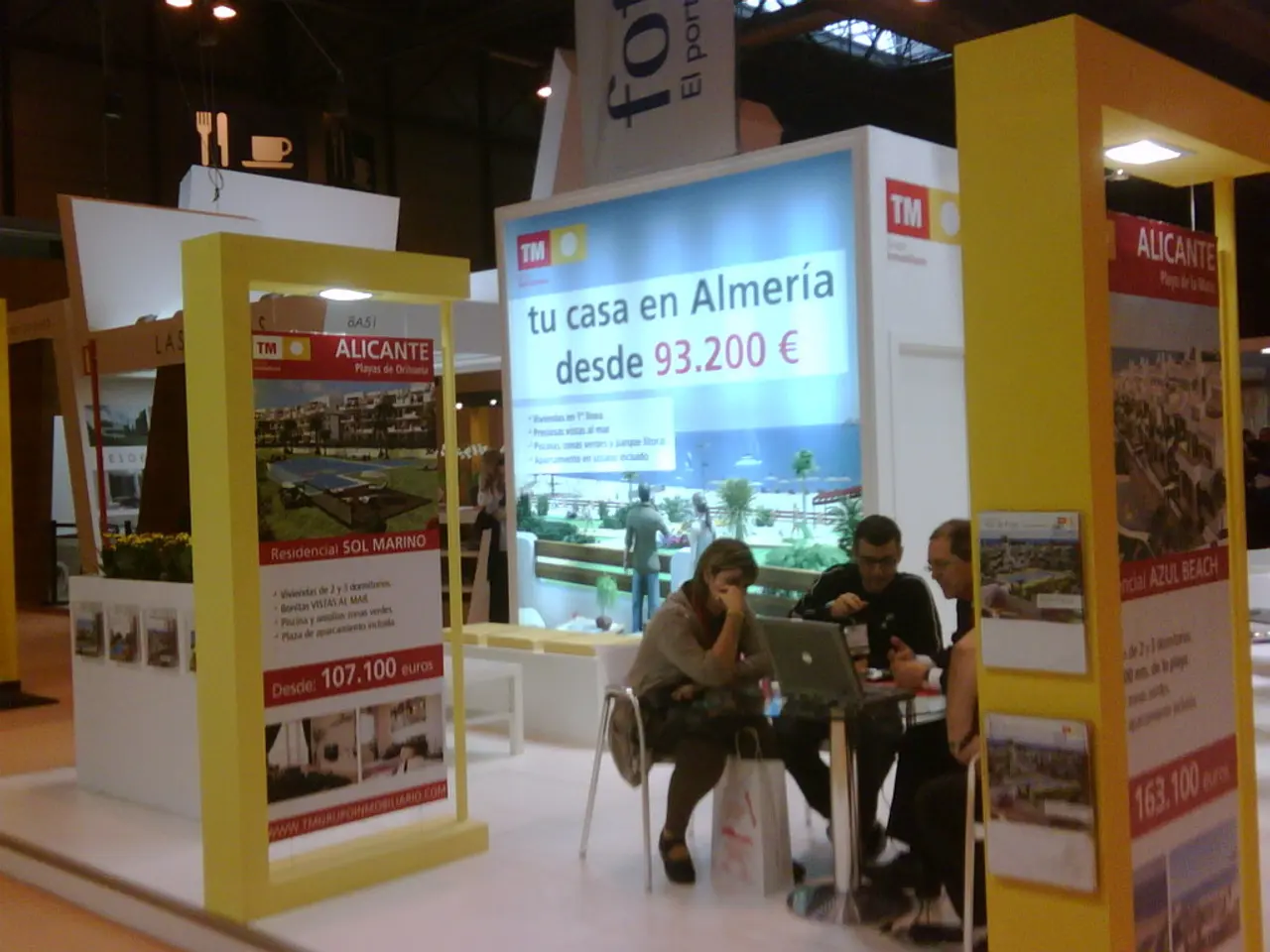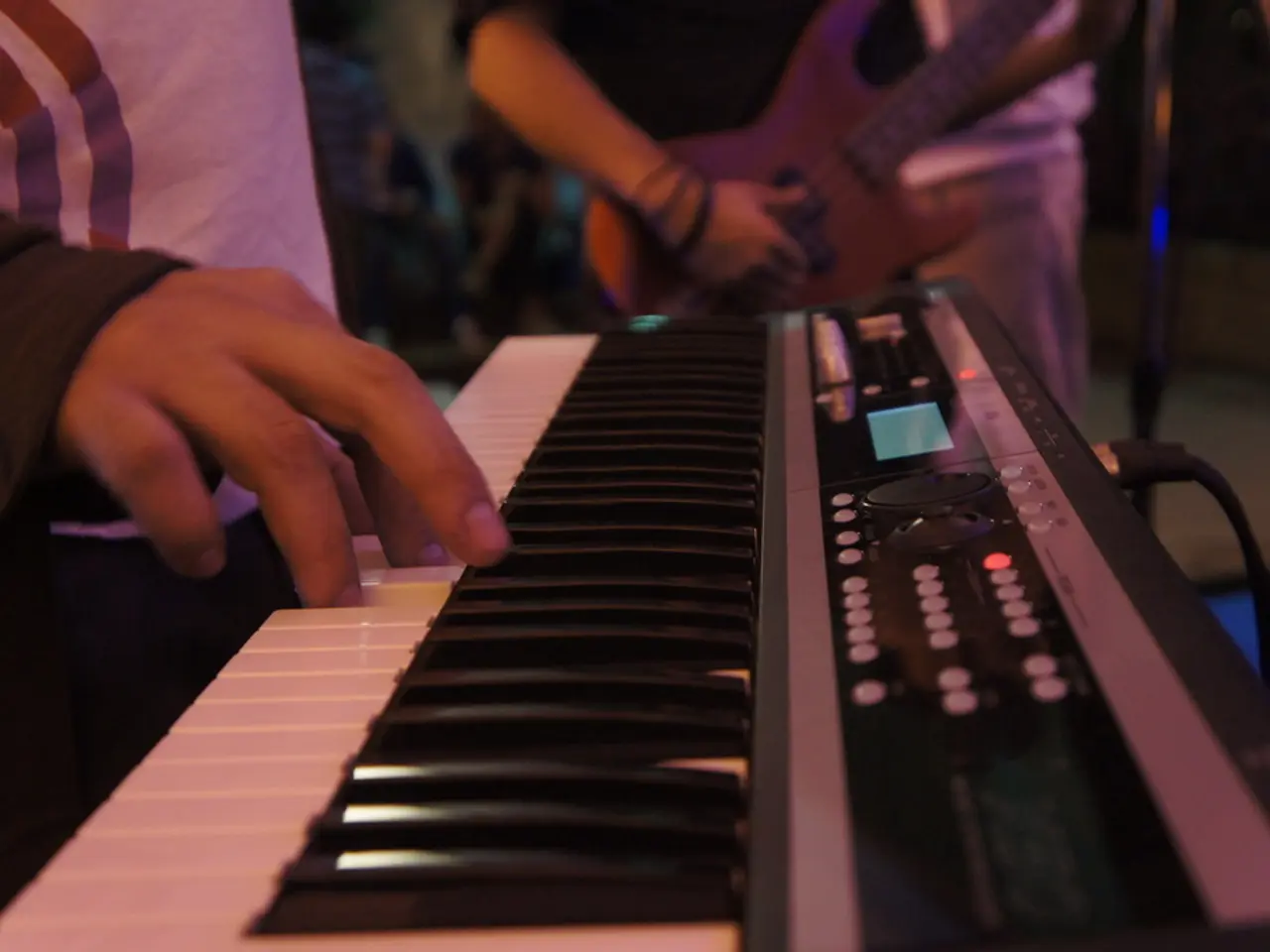Predicted construction expenses for a self-built home in 2025: Gain insights from our self-build specialist on budgeting for your construction project
Self-building a home in 2025 can be an exciting yet daunting endeavour. The average cost to self-build a house in this year ranges between £125 and £300 per square foot, depending on various factors such as location, materials, labor costs, and the complexity of the design.
Plot Costs
The first expense is the cost of the plot, which varies depending on location and size of the garden. You can find potential self-build plots on Plotfinder.net, which has more than 10,000 plots and projects for various budgets. The cost of a building plot can be valued by reverse engineering it from the value of the build potential.
Legal Fees and Land Taxes
Legal fees and land taxes (SDLT in England, LBTT in Scotland, and LTT in Wales) are associated with purchasing the land. Dealing with legal issues can add to costs, such as making arrangements for utilities connections or access across adjacent third-party land, or removing a restrictive covenant.
Utilities Connections
The cost of utilities connections, such as mains water, sewer, power network, broadband, and gas connection, is estimated to be between £10,000 and £25,000.
Site Surveys
Site surveys, including a topographic survey, geo-technical survey, and where relevant, a tree survey, are necessary to understand the site's conditions before construction begins.
Foundation Costs
The foundation costs for a typical self-build including foundation system, ground floor construction, drainage, and service connections are estimated to be between £35,000 and £120,000, depending on ground conditions. The choice of foundation type is crucial, with traditional strip foundations being the baseline, raft foundations adding 20-30%, and piled solutions potentially doubling the cost.
Building Costs
The cost of building with various materials varies significantly. For instance, the cost of a log burning stove with a stainless-steel flue is around £4,800-£6,000. Using engineered joists such as I-beams or beams with a steel web such as Posi-joist will add to the costs by £5-£7/m2. The cost of a standard specification staircase, including a single straight flight in painted softwood, an enhanced balustrade design, is around £3,500-£4,000.
The cost of a standard specification bathroom, including a main bathroom (includes WC, basin, bath, additional plumbing, doors, walls, windows, and finishes), is £7,500. A good specification kitchen, including bespoke units, premium materials, high-end appliances, smart features, complex designs, is £35,000-£75,000.
For wall finishes, the standard specification for a 200-250m2 house costs £195/m2, including emulsion paint throughout and minimal tiling to kitchen and bathrooms. Excellent specification for wall finishes in the same size house costs £285/m2, including wallpaper to the bedrooms and premium tiles.
The cost of good specification windows and doors, including high-performance, off-the-shelf painted softwood casement windows, triple-glazed units, and enhanced security features, is £240-£270/m2. The cost of excellent specification windows and doors, including double or triple-glazed aluminium window frames, hardwood surrounds, hardwood panelled front door, premium ironmongery, and smart-home integration, is £340-£380/m2.
Roof Costs
Roof costs are typically made up of the structure, insulation, felt and battens, roof covering, flashings/detailing. The cost of flat roofing is £60-80/m2. The cost of concrete interlocking tiles is £45-55/m2, while natural slate tiles and plain clay tiles cost £95-110/m2 and £155-170/m2 respectively.
Additional Considerations
Building a modern-style home averages around £900,000 but can range from £350,000 to £1,200,000 due to custom features like flat roofs and large windows. Modular homes may cost approximately £160,000 to £320,000, but quotes vary widely depending on included features and manufacturer.
Contingency Fund
A contingency fund of 10% should be set aside, plus 5% to deal with inflation.
In 2025, the cost of building a house depends on the budget available. It's essential to research, plan, and budget carefully to ensure a successful self-build project.
- The first expense in a self-build project is the cost of the plot, with prices varying based on location and garden size.
- Potential self-build plots can be found on Plotfinder.net, which offers over 10,000 plots and projects for various budgets.
- Legal fees and land taxes, such as SDLT, LBTT, or LTT, are associated with purchasing the land.
- Utility connections, including water, sewer, power, broadband, and gas, are estimated to cost between £10,000 and £25,000.
- Site surveys are necessary to understand the site's conditions before construction begins.
- Foundation costs for a self-build can range from £35,000 to £120,000, depending on ground conditions.
- The cost of a log burning stove with a stainless-steel flue is approximately £4,800-£6,000.
- Using engineered joists such as I-beams or Posi-joist adds £5-£7/m2 to the building costs.
- The cost of a standard specification bathroom is £7,500, while a good specification kitchen ranges from £35,000-£75,000.
- Good specification windows and doors, including high-performance and off-the-shelf painted softwood casement windows, cost £240-£270/m2.
- Excellent specification windows and doors, featuring double or triple-glazed aluminium window frames, hardwood surrounds, and smart-home integration, cost £340-£380/m2.
- Flat roofing costs £60-80/m2, while concrete interlocking tiles cost £45-55/m2, natural slate tiles cost £95-110/m2, and plain clay tiles cost £155-170/m2.
- Building a modern-style home with custom features like flat roofs and large windows can cost around £900,000, but prices range from £350,000 to £1,200,000.
- A contingency fund of 10% should be set aside, plus an additional 5% for inflation.
- In 2025, the cost of building a house depends on the budget available. Vigilant research, planning, and budgeting are crucial for a successful self-build project. Researching self-build planning, budgeting guides, and considering energy-efficient ideas, can help save costs and ensure a comfortable, long-lasting home.








